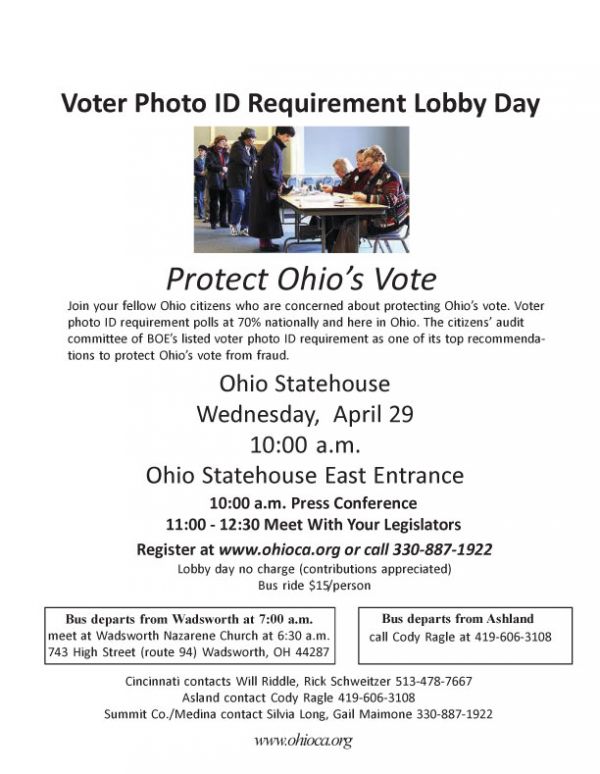In the wake of the passage by Representatives in Columbus of a two-year state budget that contains funding for Medicaid
expansion, here’s part of a column from The Washington Examiner on Gov. Kasich
and health care:
John Kasich should be
punished for expanding Obamacare
By Philip Klein | April
23, 2015
Ohio
Gov. John Kasich has made clear that he's seriously considering running for the
2016 Republican presidential nomination. If he formally announces, it will be
important for conservative voters to punish him for his expansion of President
Obama's healthcare law in his state.
Kasich
is currently polling in
the low single-digits, has no clear path to the nomination, and the grassroots
aren't exactly clamoring for him to run. Yet he is being egged on by a group of
Republicans who want to see the party move in a direction that's more
comfortable with a larger role for government.
Though
on the campaign trail he'll insist that he's a warrior for limited government,
in reality not only did Kasich decide to participate in Obamacare's fiscally
destructive expansion of Medicaid, in doing so he also displayed a toxic mix of
cronyism, dishonesty and executive overreach.
A 2012 ruling by the U.S. Supreme
Court made it easier for states to reject Obamacare's costly expansion of
Medicaid — as many governors prudently chose to do.
But
in February 2013, despite
campaigning on opposition to Obamacare, Kasich crumbled under pressure from
hospital lobbyists who supported the measure, and endorsed the expansion. When
his legislature opposed him, Kasich bypassed lawmakers and imposed the
expansion through a separate panel — an example of executive overreach worthy
of Obama.
Kasich
cloaked his cynical move in the language of Christianity,
and, just like a liberal demagogue, he portrayed those with principled
objections to spending more taxpayer money on a failing program as being
heartless.
"Why
is that some people don't get it?" Kasich asked rhetorically
at an October 2013 event at the Cleveland Clinic, which lobbied the
administration heavily for the expansion so that it could access a stream of
money from federal taxpayers. "Is it because they're hard-hearted or
cold-hearted? It's probably because they don't understand the problem because
they have never walked in somebody's shoes."
Kasich's
defenses of his decision to expand Medicaid are built on a mountain of lies,
which have been doggedly chronicled by
Ohio native Jason Hart (currently with Watchdog.org) for the past two years.
One
of Kasich's recurring defenses has been that he was simply making sure that
money Ohio taxpayers sent to the federal government got returned to the state.
That argument could theoretically pass muster if it were a situation in which
money not spent by Ohio were automatically funneled to other states, as with
the economic stimulus bill. But that isn't the situation with Medicaid
expansion, the funding for which is only spent in states that agree to
participate.
It's
also worth noting that although the federal government picks up the full tab
for the expansion in its first three years, starting in 2017, states will have
to start pitching in and by 2020 will have to cover 10 percent of the costs. As
it is, Medicaid is crippling state budgets and is everywhere among the largest
state expenditures.
Kasich
has also emphatically tried to claim that the expansion of Medicaid has nothing
to do with Obamacare. This is ridiculous. The Medicaid expansion is one of the
central parts of the law, which is why the administration is fighting so
bitterly for states to adopt it. According to the latest estimate by the
Congressional Budget Office, Obamacare spends $847 billion over
the next decade on expanding Medicaid — representing roughly half of the
expenditures in the law.
Read
the rest here.
#
# #










